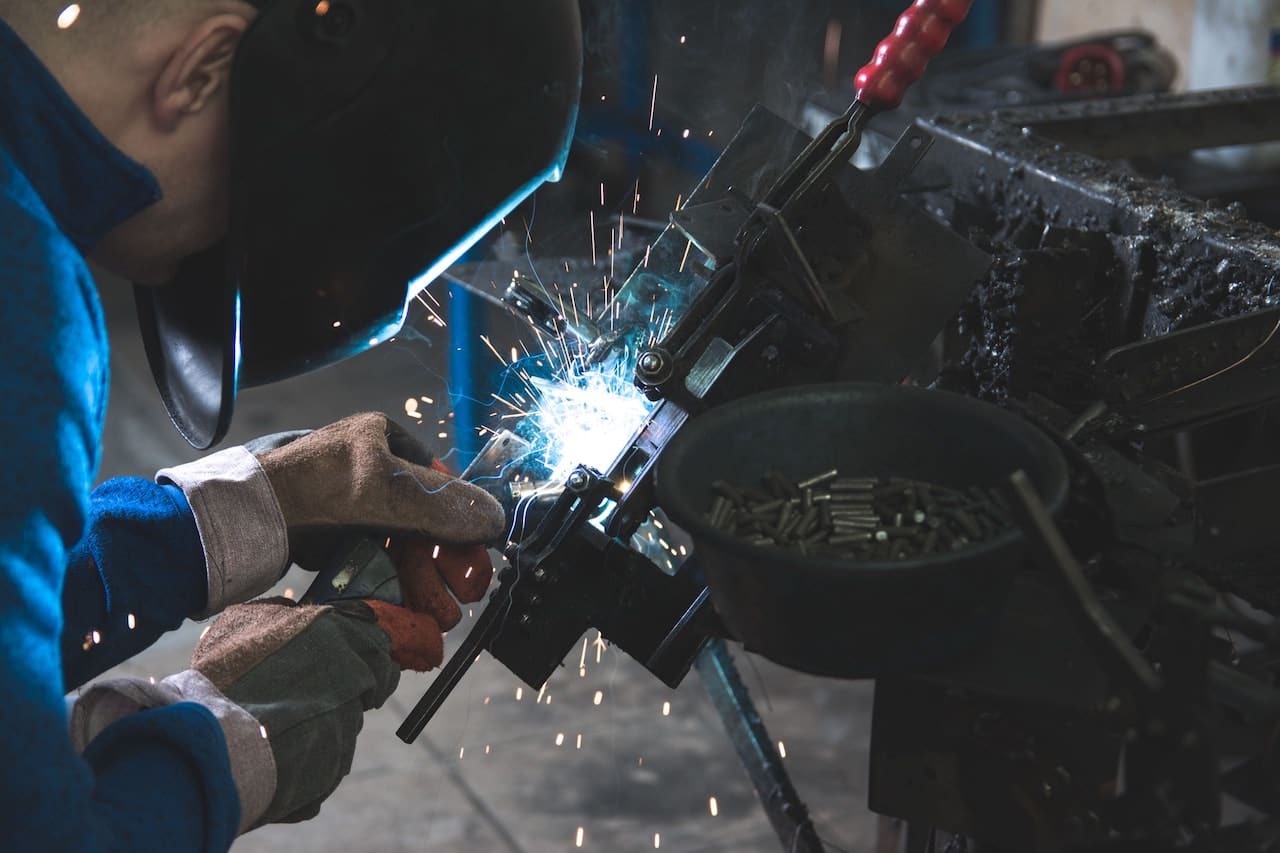
Custom automotive fabrication is the process of creating bespoke parts for vehicles. This could be for the interior or exterior. And a custom fabricator is usually used when standard parts are no longer available or the client has a specific vision for the car which can’t be achieved off the shelf. Today we’ll look at what that means, example car fabrications and the costs involved with custom automotive fabrication in this 7-minute read.
An automotive fabricator makes parts for hot rods, sports cars, muscle cars, trucks, antique cars, kits and bespoke builds. This could mean creating suspension systems, custom headers and exhausts, bespoke chassis, and any other speciality parts to support your vision. But it can also include conversions from cloth to leather or other speciality interior parts you need.
Custom refers to a vehicle that’s no longer in stock condition as the factory intended. This might mean that the interior has been changed or enhanced. Or it could refer to aftermarket parts added to supplement original parts no longer being available for older models. Very extreme examples of car modification include lift kits, body kits, lowriders, hydraulic suspension and more. The most involved modifications involve ‘chopping the top’ or lowering the roof and sectioning.
According to Wiki Motors, “To section a custom car body, the entire car body has a predetermined amount of metal cut from the perimeter of the body. Once the cut is achieved, the top half of the body is lowered to sit on the bottom section, and it is then welded back together. This is perhaps the most involved and time-consuming practice in [customising] cars. Chopping and sectioning are thought to bring custom cars to the next level.”
While the 1950s in California often get all of the credit, the custom car trend began earlier. According to Custom Car Chronicle, “The Custom Car movement as we know it really started in the early [1930s] but at least a decade before that the movement was set in motion. In the late [1910s] the rich and famous demanded more elusive cars than the cars available from Detroit. They found their way to several of the [Los Angeles] local Custom Coachwork companies. Who could create more streamlined and luxurious bodies that would set them apart from everything else on the roads. It would help give them even more status than they already had.”
There are endless ways to customise your car. And an expert body shop will help you understand what materials and methods can enhance the look and performance of your vehicle. From adding a performance exhaust to completely changing the chassis, the range of enhancements you can make is really only limited by your timeline and budget. Some of the most popular medications are spoilers, skirts, suspension kits, lowering or lifting, air filters and exhausts.
Leasing Options reminds us all, “that any changes that you make to your vehicle that alters it from the factory state must be declared to your insurer and lease provider or finance company. The terms of your agreement may prohibit modifications, so it is very important to check first.” And always have your mods carried out by an experienced body shop so you don’t damage the performance or value of your vehicle.
There are many reasons to customise your car. The most common are for aesthetics or performance - sometimes both. When deciding if customising your car is right for you, first check with your insurer. You’ll want to make sure that the mods you want won’t invalidate your policy. Next, know that you can only modify a car that you own. Don’t try to customise a financed vehicle. Lastly, check to make sure that the mods you like won’t negatively impact the value of your car.
According to CarWow, the most hated permanent modifications are:
It costs anywhere from £1000 to £40000 to customise a car depending on what you want to do to it. Riviera Leasing also encourages us to think about the increases in insurance. “Our study shows that bodywork and engine mods are the most expensive, increasing policies by an average of 153%. That means if your policy was £500 a year, you would actually pay £1,265. So, if you were planning on supercharging your engine, think again. Even aftermarket safety mods hugely increase insurance prices, as bodywork adjustments like strengthening brackets and fibreglass panels are shown to bump up your premium, also by 153%. [And] drivers who are considering changing their alloys or trims could be affected by a shocking 153% price hike, on average.” So take all this into consideration when commissioning custom automotive fabrication.
It depends on what you’re doing. A paint job can be updated in a day, but if you’re chopping the top, this can take weeks to complete. MicroGreenFilter explains, “The process of designing, engineering, and assembling a car can be long and arduous. It takes approximately 7 years to design the perfect car, 12 months to engineer it, and as many as 200 days for assembly.” So, when you’re modifying, this can easily become a long-term hobby that spans months and years. Some enthusiasts are never done tweaking their rides. Talk to your body shop about the timeline for any modifications and make sure they fit in with your expectations and interest level for a longer-term project.
If you want to be sure of a premium fit, come to White’s Bodyworks. Our team has over 20 years of custom automotive fabrication experience. Talk to us about your custom car plans today.